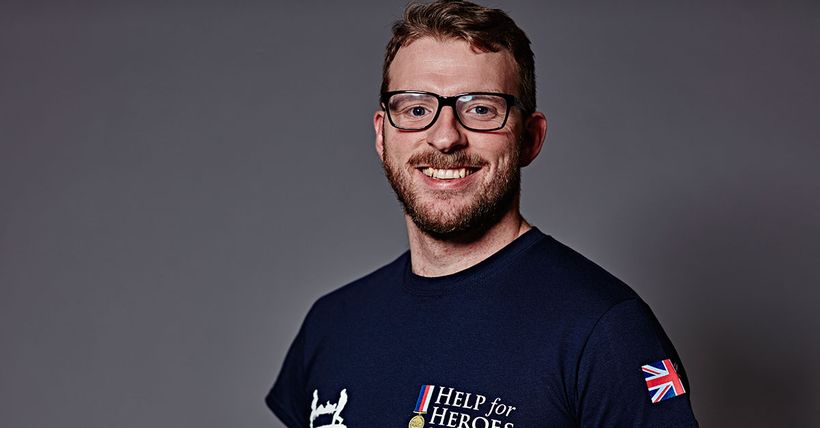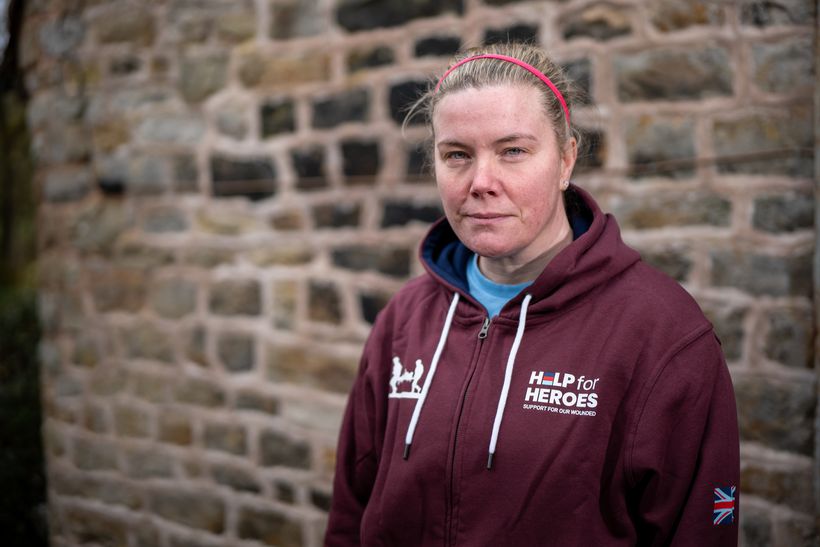Updated on
We have launched a campaign to pressurise the Government into removing unfair barriers to financial support for veterans, including amputees and those suffering from chronic pain.
This would ensure veterans receive the compensation and financial support they deserve. It would prevent the exclusion of those living with chronic pain due to their service and end multiple assessments for amputees, who often must re-prove their entitlement every two years to qualify for benefits.
To bring about this change, we are looking to our supporters and the general public to sign an open petition with the aim of receiving 100,000 signatures, which would require the issue to be considered for debate in Parliament.
We believe the Ministry of Defence is currently out of step with medical guidance and that too many veterans are having to fight the system to get the compensation and financial support they deserve – often while battling physical or mental illness, and injuries from service.
The petition is also calling for an end to compensation being classed as income when considering benefits and pensions.
For veterans who suffer from chronic pain, it can hinder common day-to-day activities such as sitting, standing, and queuing, with moderate levels of pain being shown to negatively impact sleep patterns.
Our patron, veteran and TV presenter JJ Chalmers, is backing the campaign, citing his personal experience with chronic pain caused by life-changing injuries suffered from an IED blast while serving in Afghanistan.
He said: “Living with chronic pain brought on by my injuries in service is the most debilitating aspect of my disability. I will still need more surgeries in the future, and for the thousands of veterans in the UK who also suffer, being able to receive the compensation they deserve will be a small but vital step towards making their lives better in a way they absolutely deserve.”
Chronic pain is recognised by the World Health Organisation as pain that persists for more than three months. In 2022, 78 per cent of veterans with long-term health conditions who sought support from the Charity struggled with long-term pain.
Chronic pain affects around 15.5 million people in England (34 per cent of adults), and can lead to depression and feelings of hopelessness, as well as impacting employability or exacerbating isolation, loneliness, and poor mental health.
The Ministry of Defence’s current stance is at odds with medical guidance, as it does not adequately recognise or compensate veterans who suffer from diagnosed chronic pain, leaving them at a disadvantage in comparison to those with more obvious physical injuries or mental health conditions.
My doctor says I've got the knees of a 90-year-old woman who's run a marathon every day of her life
Veteran and Leicester Tigers player
Former servicewoman Vicki Ross served 22 years in the Army before being medically discharged in 2022. She now plays for Leicester Tigers’ wheelchair rugby team but has struggled with chronic pain for more than a decade.
Vicki, 46, said: “I've got severe osteoarthritis – my doctor says I've got the knees of a 90-year-old woman who's run a marathon every day of her life. Exercising a lot is something I prided myself on in my military career. I was always fit. I always passed the men’s standards set back in those days. I always wanted to be that role model for everybody.
“Chronic pain affects many everyday tasks – driving is painful, even getting out of the car can be quite difficult,” explained Vicki, from Leek, in Staffordshire.
Our specialist one-to-one counselling has helped her cope with the debilitating chronic pain she suffers because of her service.
Alexandra Lovett, our Lead Occupational Therapist, said: “We believe chronic pain should be recognised more widely, and with greater transparency, by the Armed Forces Compensation Scheme. It would simplify the process for veterans where potential compensation routes may already exist. We believe the system fails to adequately consider the lifelong and extensive impact of this condition on a significant proportion of veterans.”




